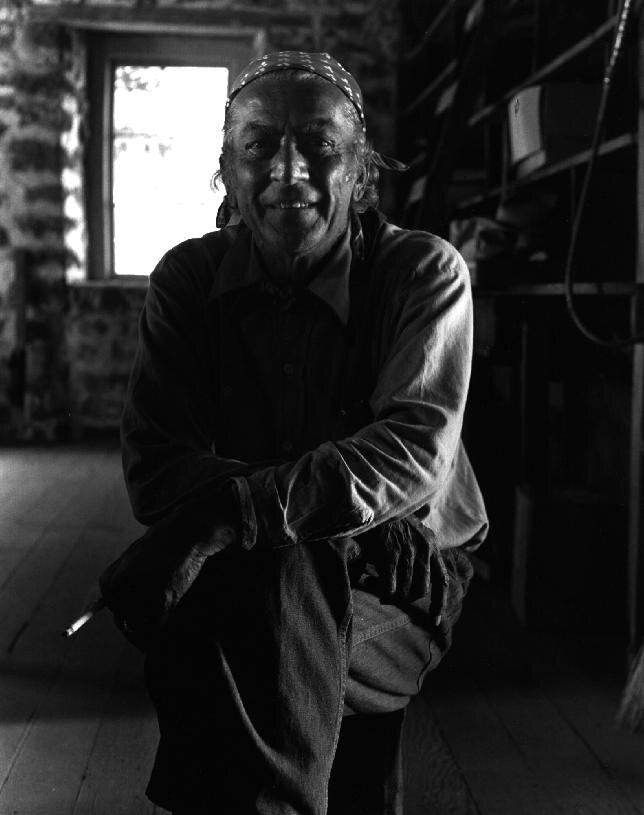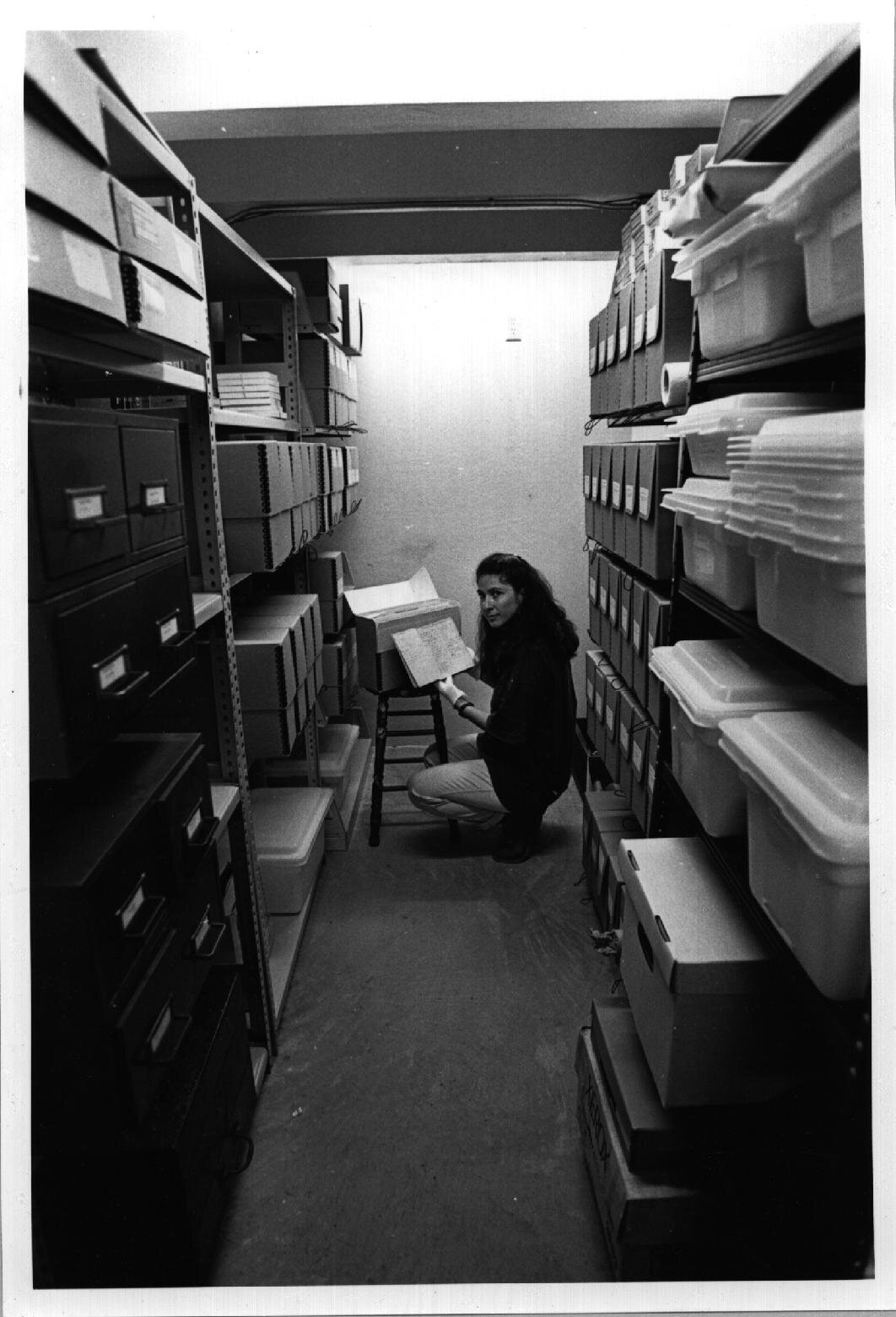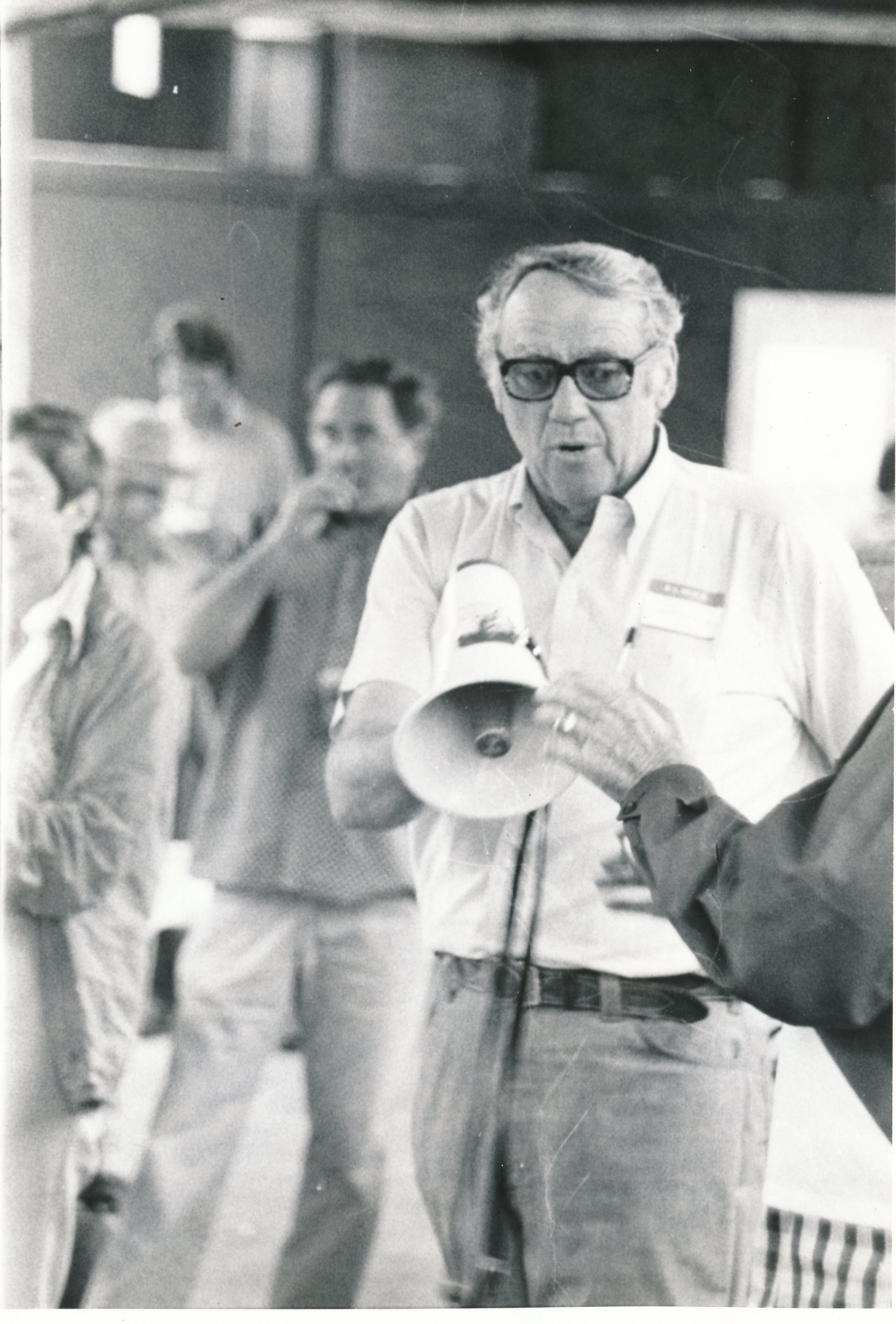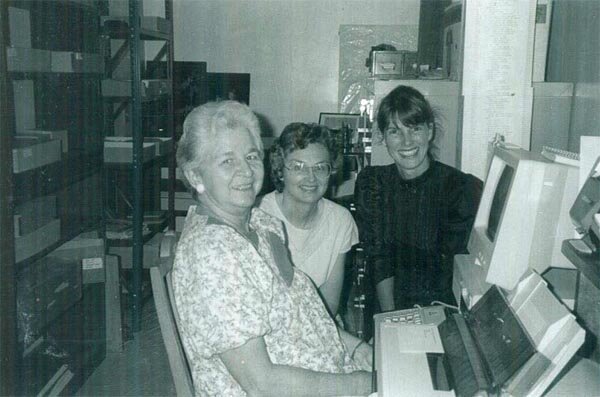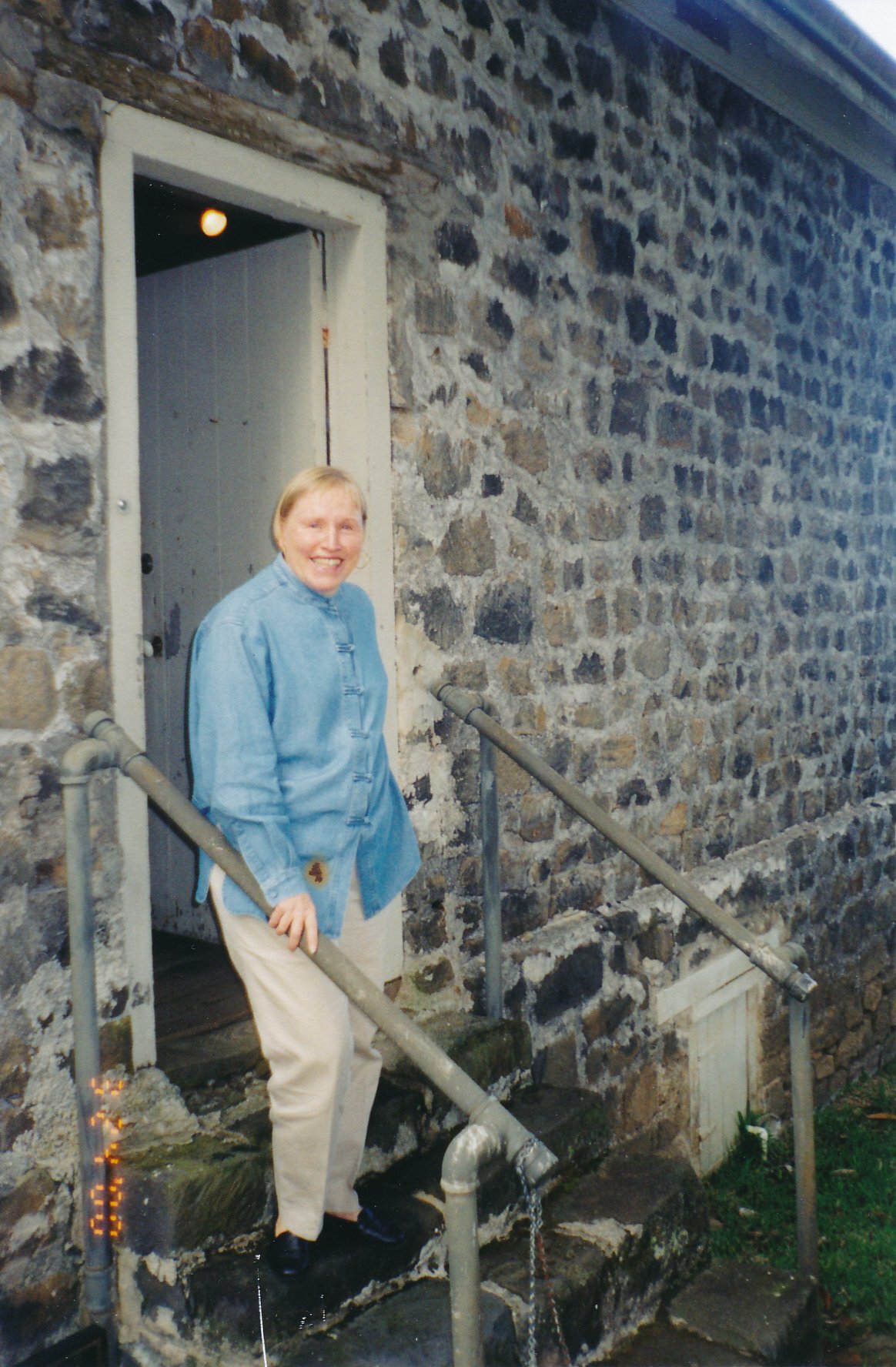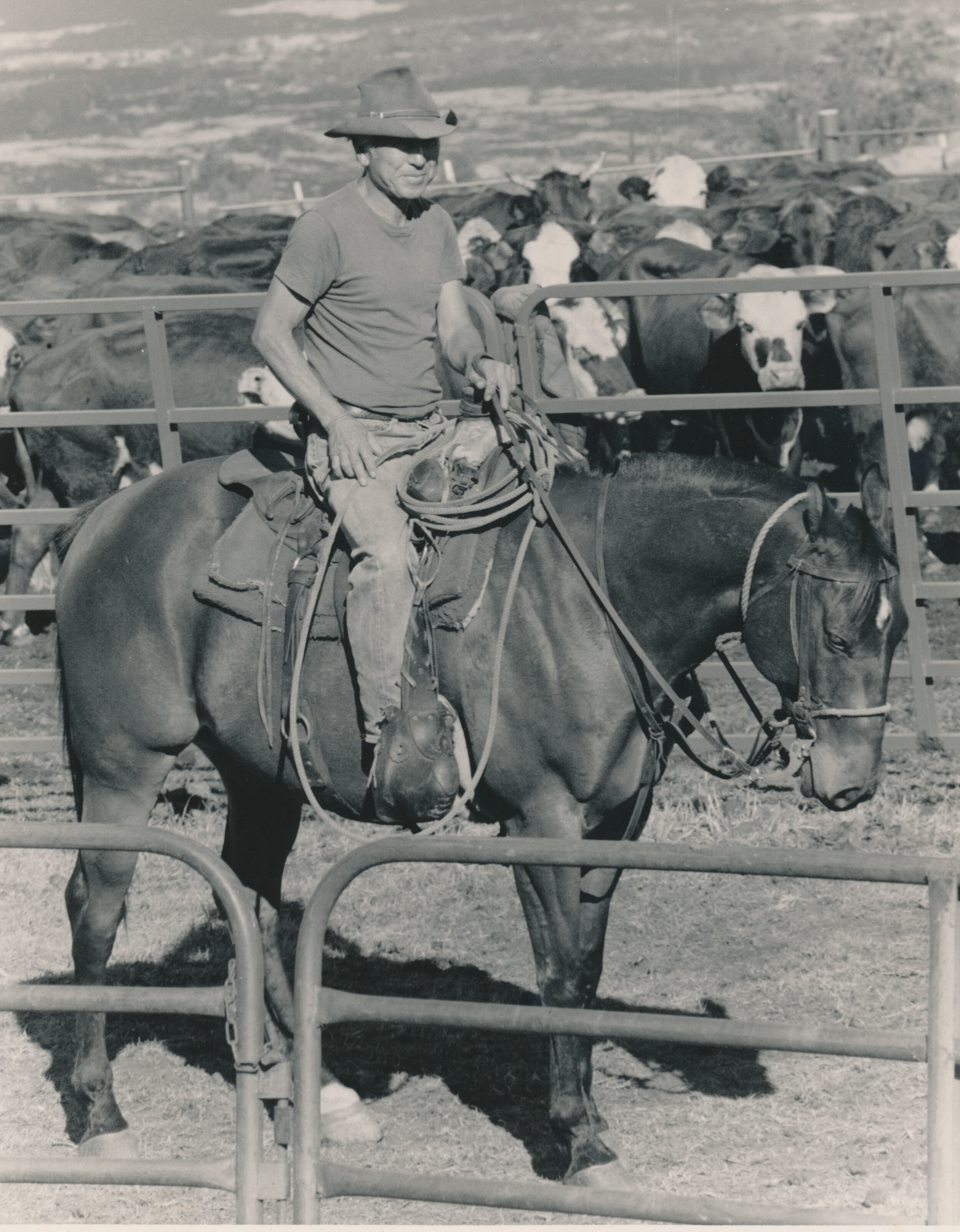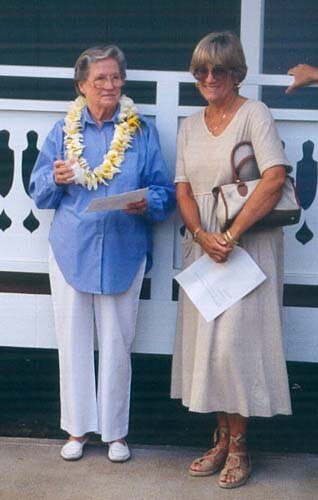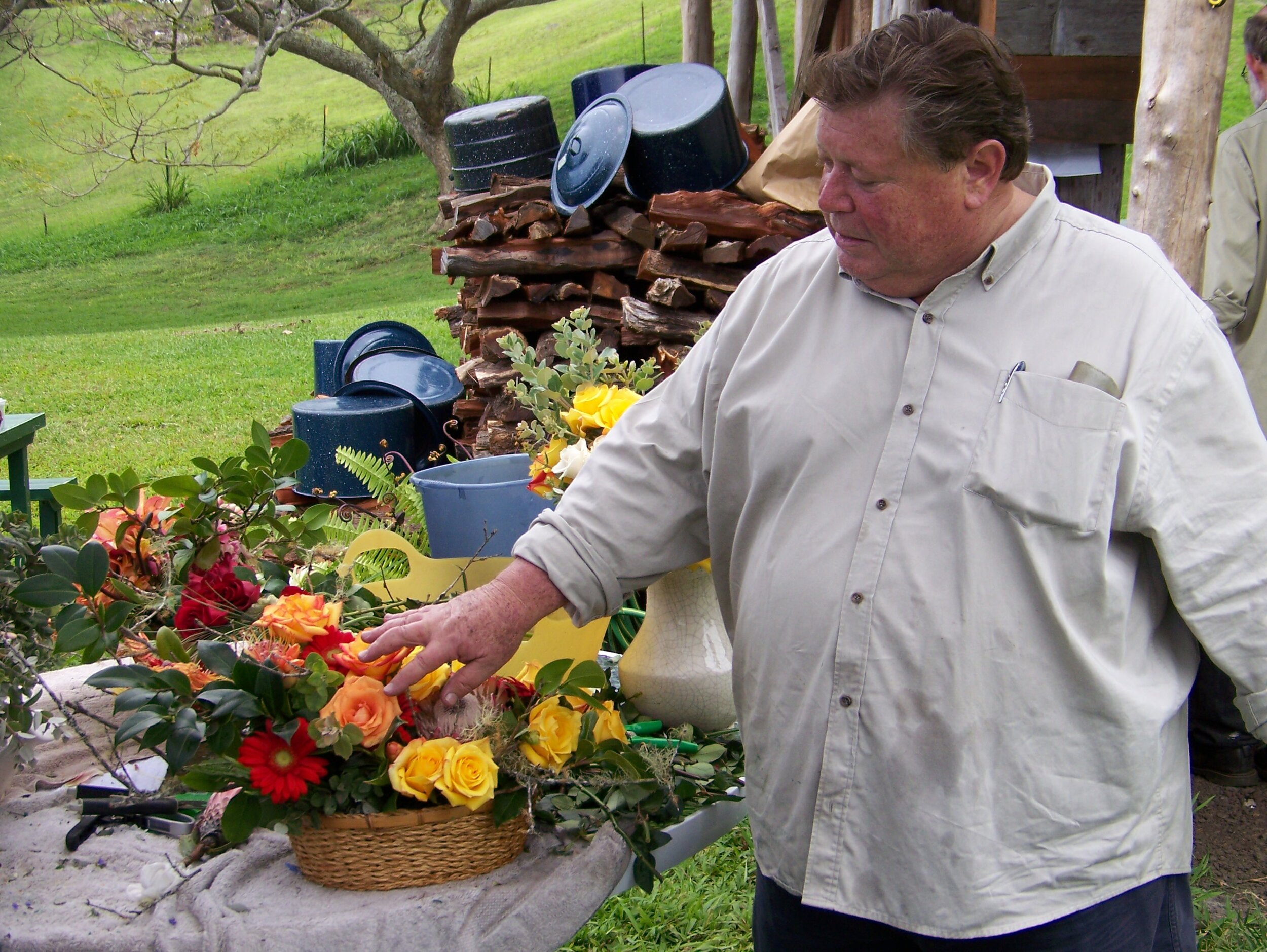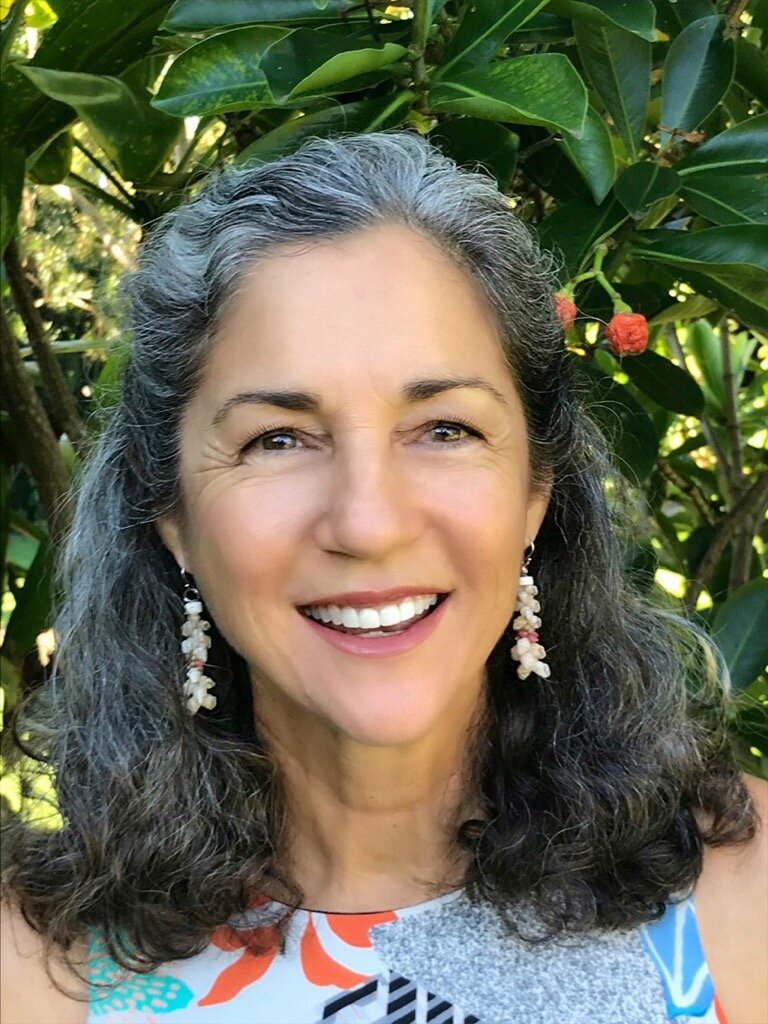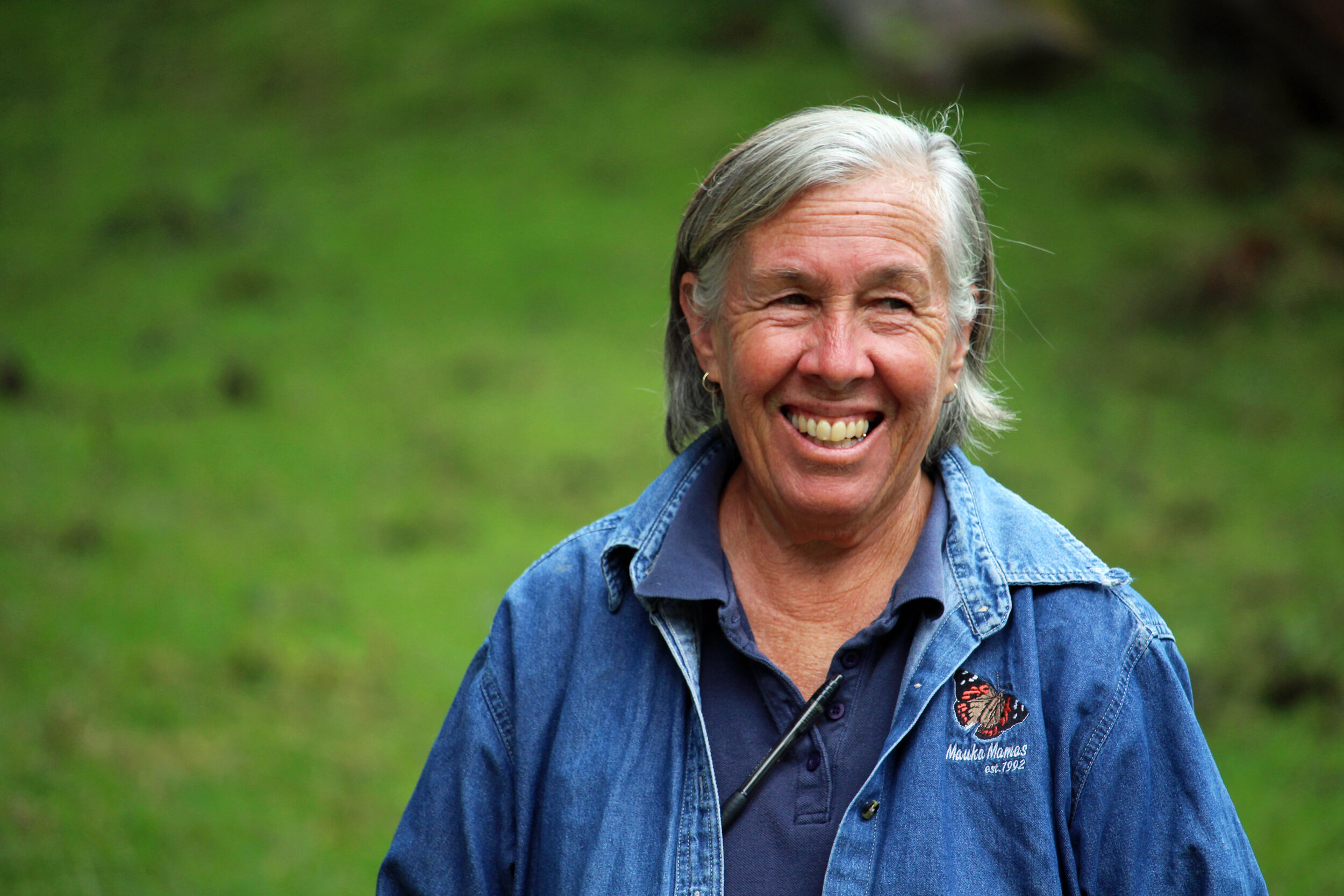History of the Society
The Kona Historical Society is a community-based, 501(c)3 nonprofit organization that was founded in 1976 to collect, preserve and share the history of the Kona districts and their rich cultural heritage within Hawaiʻi.
Today, the Society maintains two historic sites and the Jean Greenwell Library and Archives, which includes one of the largest photographic collections on Hawaii Island: over 140 maps; many rare and out-of-print books; historical records including manuscripts, pamphlets, and oral history interviews; and films and videotapes of Kona.
The Society provides living history programs, digital education programs, field trips, virtual experiences, and exhibits at its historic sites - the H.N. Greenwell Store Museum in Kealakekua and the Kona Coffee Living History Farm in Captain Cook. Other programs include the Portuguese Stone Oven Baking Program, Hanohano `O Kona Lecture Series, and other special programs of historical and cultural interest.
THE BEGINNING
In November 1975, a small group of Kona residents led by Sherwood Greenwell and Jean Greenwell began to meet because they share a respect and concern for the community which they saw rapidly disappearing around. They formed the Kona Historical Society and focused their attention on the preservation of Kona history.
The first president of the organization was Sherwood Greenwell, who used his Kealakekua Ranch office as the Society’s first home and his secretary, Jill Olson, was its first employee. In 1978, the Greenwell Store was donated to the Society by Jack, Henry, and Norman Greenwell. After its refurbishment in 1979-81, Jill and the Society moved to the Greenwell Store. In 1997, the store was added to the State and National Register of Historic Places.
For the first few years, Vice President Pilipo Springer volunteered his services as a part-time yardman and he, Jean, Megan Mitchell, and secretary Betty Hodgins began the Society’s initial photographs and records collection. In 1984, the Society held its first exhibit on Kona ranches, which also marked the opening of the store as a public museum.
During the 1980s, with the help of volunteers Bob Hart, Russ Johnson, and numerous others, the Kona Historical Society Board spent much of its time creating a storage area for the library and collections. Consultants Dolly Strazar, Tom Woods, Barnes Reznik, David Bucy, Menzi Behnnd-Klodt, Jean Whalen, Pat Harada, Helen Wong Smith, Betty Lou Kam, Mary Parr, Rick Hilton, Dale Cronkite, and volunteer Florence Foster helped with the assessment and organization of the collections. Jean Greenwell, Lloyd Soehren, and Dorothy Barrere gathered information from innumerable sources to create “Place Names of Kona” and Lloyd also oversaw the map collection.
In the 1990s, the Society decided to take a leadership role in collecting and representing the written, photographic, oral and material records of Kona’s history with an emphasis on the post-contact period. Because of the presence of other museums and cultural institutions that were already interpreting the Hawaiian pre-contact period, the Society felt there was a tremendous need to preserve Kona’s post-contact history which was not being told anywhere else in the community. Specifically, the Society focused on stories about coffee farming, ranching, the family-run stores that once lined Mamalahoa Highway, and the stories of everyday life of the various ethnic communities on our island. During this time, Executive Director Jill Olson, Curator Sheree Chase, and the Board were inspired to create a living history site to help tell these stories, which centered on work and social life in Kona from the 19th and 20th centuries.
After several years of planning led by Sheree Chase, the Kona Coffee Living History Farm Steering Committee, consultant Tom Woods, as well as outstanding community support and a major capital campaign, the Society’s first living history site - the Kona Coffee Living History Farm opened to the public in November 1999. Since then, the Kona Coffee Living History Farm has been placed on the State and National Register of Historic Places, won numerous prestigious awards and has been designated as a “Partner Place” by the National Trust for Historic Preservation.
Our Mission
The Kona Historical Society will preserve the history of Kona to enrich, inspire, and inform our community and visitors. We will do this through collecting, preserving, researching, interpreting, and disseminating the history of Kona.
Our Vision
The Kona Historical Society connects past, current, and future generations to Kona’s history and inspires an appreciation for its heritage.


